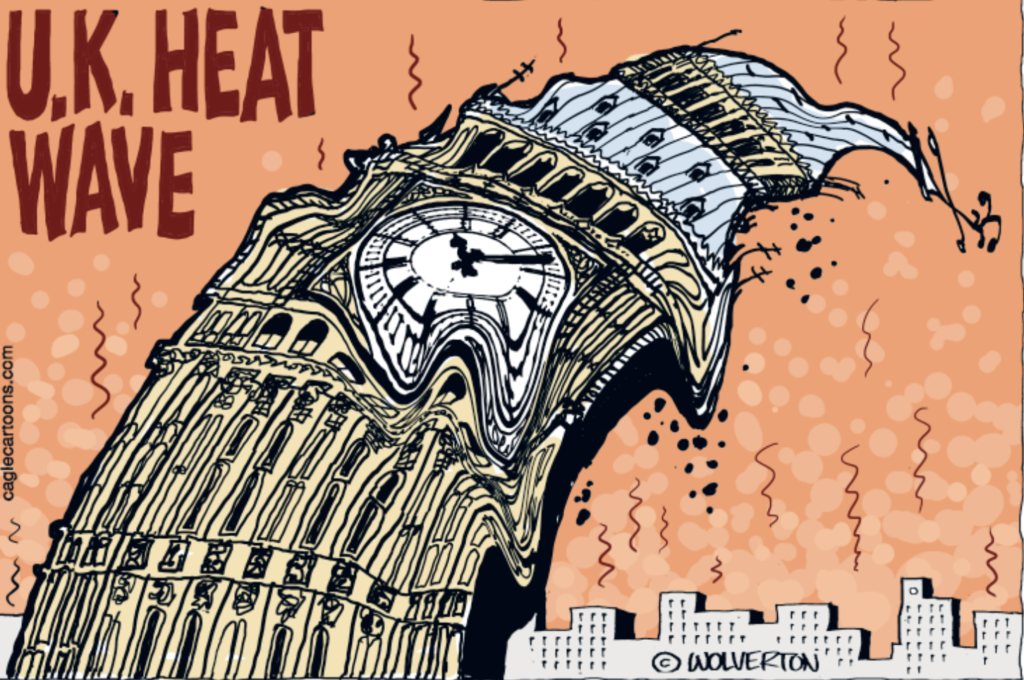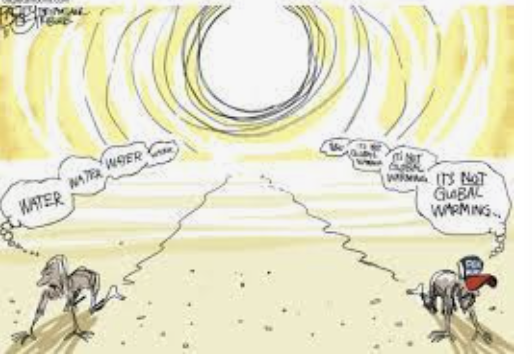The summer of 1976 was my first as an adult living without air conditioning.
That summer and the one that followed were the only two in my life that I lived outside the United States. I don’t remember them being particularly hot summers, which is good because not only didn’t we have air conditioning, we didn’t have screens on our windows.
Those were the two summers I lived in Europe, where things were very different from the previous 13 years living in Virginia.
At home in the U.S., the combination of heat and humidity in the Washington, D.C., suburbs made summers almost unbearable without air conditioning. I haven’t lived there since 1982, although I did have three horrible summers, weather-wise, a few years later when I lived in St. Louis.
I hate an employer who was unstable financially, so both my apartment and — far worse — my workplace lacked air conditioning. Moving to Colorado in the autumn of 1986 was the most wonderful move I ever made.

When I think of the climate-challenged places I have lived, I can only imagine how much worse they must be now. Actually, living where I do in Georgia is similar in climate to both Washington, D.C., and St. Louis. But we have a lovely house with good air conditioning, so we rarely feel uncomfortable.
I’m not sure how well we would function without it.
Especially when I see the record heat wave hitting the United Kingdom, France and most of Western Europe, I find myself wondering how anyone can continue denying the dangers of climate change. Among other cities, London has been hit by record high temperatures in recent days. And very low percentages of homes there and in other cities have central air conditioning.

There really may not be much that can be done to make things easier in the current crisis. But at least in our country, we need to stop arguing climate change as a political issue and start seeing it for what it is.
An existential one.

